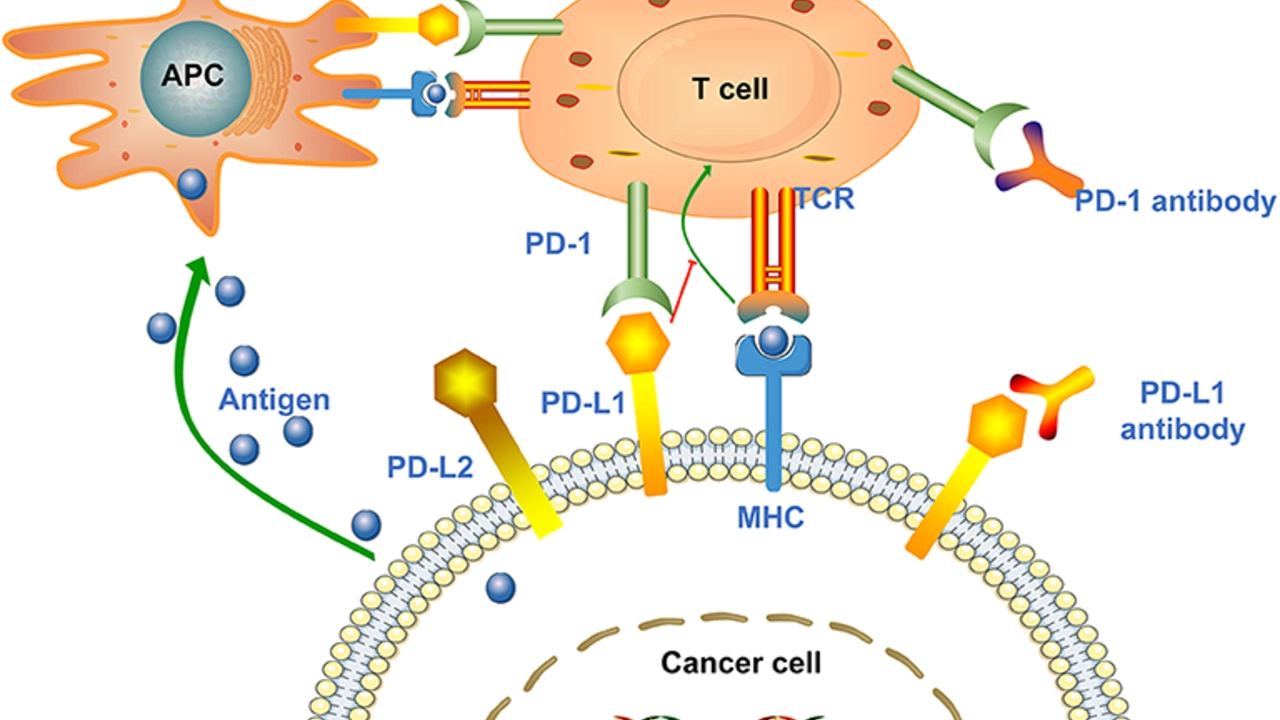Cancer therapy: treatments, side effects, and what to expect
Facing cancer treatment feels overwhelming—what options actually work and how do you live through them? On this tag page you'll find clear reviews of medications, practical guides on side effects, and real patient stories that show the day-to-day. I keep things simple: what the treatment does, common side effects, interactions to watch for, and questions to ask your care team. If you need quick links to drug guides, alternative options, or tips on buying meds safely online, you’ll find those here too.
Main treatment types
Surgery removes visible tumors and can cure some cancers if caught early. Chemotherapy uses drugs to kill rapidly dividing cells; it can be given alone or with other therapies. Radiation targets tumors with high-energy beams to shrink or control growth. Targeted therapy hits specific cancer cell faults—think of it as a precision strike rather than carpet bombing. Immunotherapy boosts your immune system so it recognizes and attacks cancer. Hormone therapy blocks hormones that some cancers rely on. Often doctors combine two or more of these based on tumor type, stage, and your health.
Each treatment has trade-offs. Chemotherapy may cause nausea, hair loss, low blood counts, or fatigue—there are medicines and strategies to manage these. Radiation can irritate skin and cause local fatigue. Targeted drugs and immunotherapies can cause different issues like rashes, diarrhea, or autoimmune reactions. Keep a simple symptom diary: date, symptom, severity, and possible triggers. That helps your team adjust doses or add supportive meds fast.
Practical tips & questions for your doctor
Bring a short list of priorities to appointments: control of symptoms, treatment goals, and what side effects you’ll accept. Ask: What is the realistic goal—cure, control, or symptom relief? How will treatment affect daily life and work? Which side effects are urgent and which can wait until the next visit? Who do I call after hours?
Nutrition and sleep matter. Eat protein-rich snacks and small meals if appetite is low. Stay hydrated and ask about supplements before starting them—some interfere with treatment. Gentle activity like walking often reduces fatigue and improves mood. Mental health counts: join a support group or try brief counseling if anxiety or depression grow.
Consider logistics early: pharmacy options, delivery services, and cost help programs. Some posts here review online pharmacies, compare medication alternatives, and explain how to save on prescriptions—handy if you need long-term drugs. Also look for clinical trial guides if standard treatments stop working; trials can be a good option but ask about risks, travel, and time commitment.
Above all, trust the team but stay curious. Ask for plain-language explanations, bring a friend to appointments, and keep copies of pathology and imaging reports. This tag gathers practical guides, drug reviews, and patient experiences to help you make clearer choices during treatment.
You can bookmark key posts on drug dosing, side effect diaries, and pharmacy reviews right here. If you need specific answers, use our contact page or search the tag for focused guides.
In my latest exploration of cancer therapies, I delved into the workings of alpelisib, a real game-changer. It's a targeted drug that works by inhibiting a protein known as PI3K, which is often overactive in certain types of cancer. By blocking this protein, alpelisib can slow down or stop cancer cell growth, providing a new way to fight the disease. It's fascinating how alpelisib specifically targets cancer cells without affecting healthy ones. This drug is revolutionizing our approach to cancer treatment, offering hope where often there was none.

